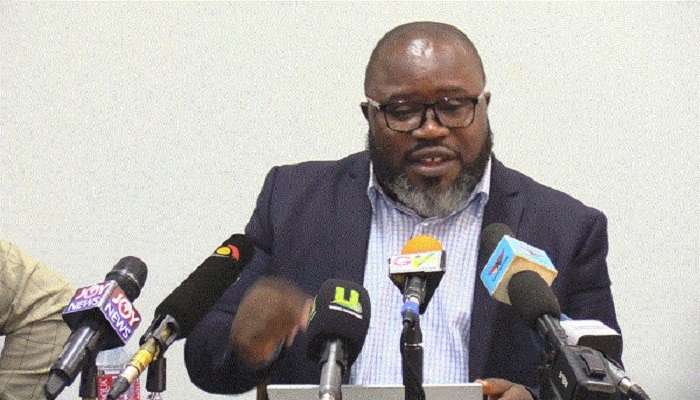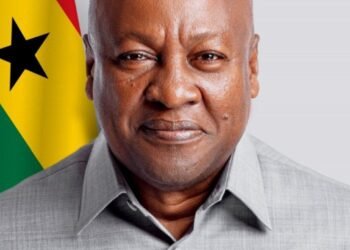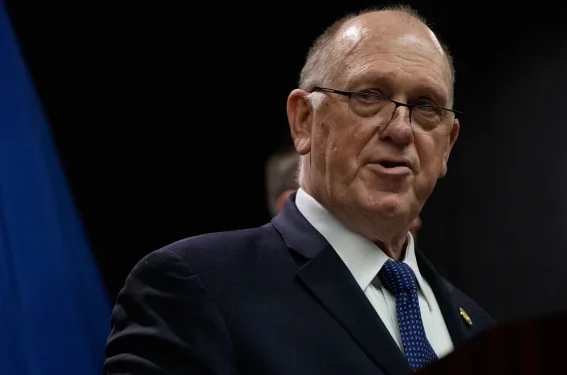Executive Director of Africa Education Watch, Kofi Asare, has revealed that his outfit is embarking on an education spike campaign to galvanize government to improve the quality of basic education in the country.
According to him, it has become necessary to engage government on possible ways to improve the declining rate of quality basic education in the country. In collaboration with other agencies, Mr Asare explained that the campaign will bring to bare the stark reality of basic education in Ghana.
“We are embarking on a campaign which is called education spike with the objective of engaging government to spike up the quality of public basic education. This campaign is being led by Coalition against Privatisation and Commercialisation of Education (CAPCOE). We are partnering CAPCOE and Oxfam to drum home the need for government to improve funding and resourcing of public basic education as a means of improving its quality”.
Mr Kofi Asare
Based on research findings conducted between 2008 and 2018 by EduWatch, Mr Asare disclosed that the policy research was a part of activities to gather evidence of “exclusion and neglect” for basic education over the past decade. He intimated that it is through the findings of the research that his outfit identified that between 2008 and 2018 for instance, the share of education expenditure that went to basic education reduced from 55 to 37 percent.
“Which means that as we inch towards the Sustainable Development Goal 4 by 2030, we keep reducing the percentage of basic education share of the education sector expenditure. As you keep reducing funding available to basic education percentagewise, it eventually means that you are limiting the ability of ministry of education and GES to build more schools. That is why we now have 4,000 primary schools without a junior high school”.
Mr Kofi Asare
Commercialization of education
Mr Asare revealed that beyond the years under which the research was conducted, that is between 2008 and 2018, nothing “significant has happened” with regards to the education sector expenditure of basic education.
He underscored that at the end of 2019 and 2020 academic year, basic education received “39% of the education sector expenditure”. Mr Asare noted that at the end of that same academic year only “hundred primary schools” were constructed in the entire country.
“The ratio is less than point five to a district. It means that we are not expanding the public basic education. In Adenta municipality there are only sixteen schools that are public schools. So, it means that if you are a poor person living in such rural middle class urban settlement like Adenta, you are compelled to enrol your child in a private school or they drop out”.
Mr Kofi Asare
On his part, the convener of CAPCOE, Richard Kwashie Covey, revealed that on closer examination of the statistics, it is obvious that the private schools have grown by 98% over the ten-year period. He explained that if you are looking at private education as a way of helping out government… then this begs the question of how many people can afford it.
“Even if it’s one child the constitution guarantees that that child should receive quality and basic education because that is where it all starts. It is at the basic level that character formation of the child begins. So, if you don’t get it right at that stage, they grow up to become a nuisance. So, we are not against private people setting up schools in the community but what we are advocating for is the fact that people should have the choice as to where they want to educate their children…”
Richard Kwashie Covey
Read Also: Kennedy Agyapong Files Defamation Suit Against Kevin Taylor























